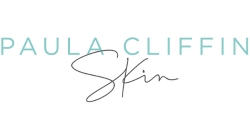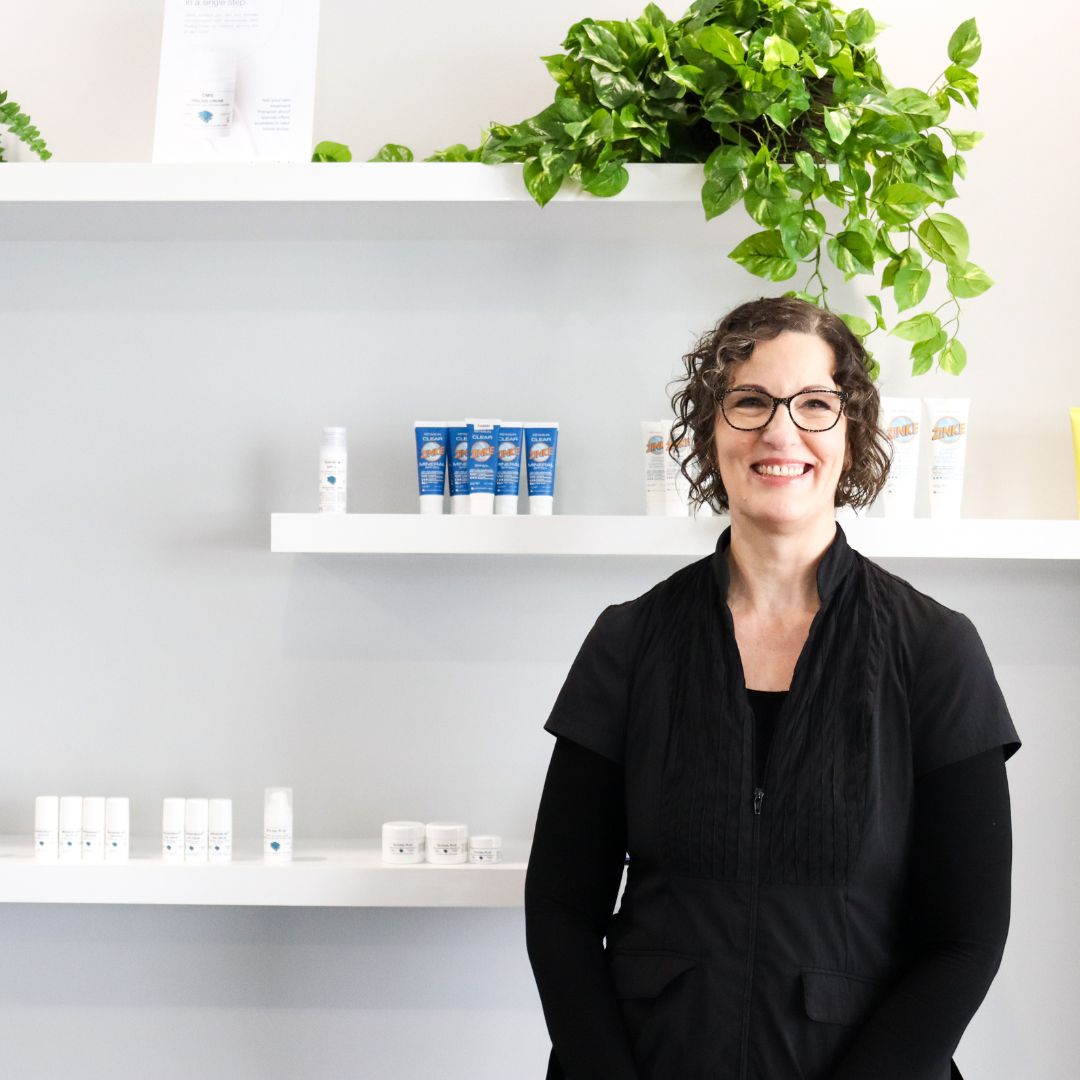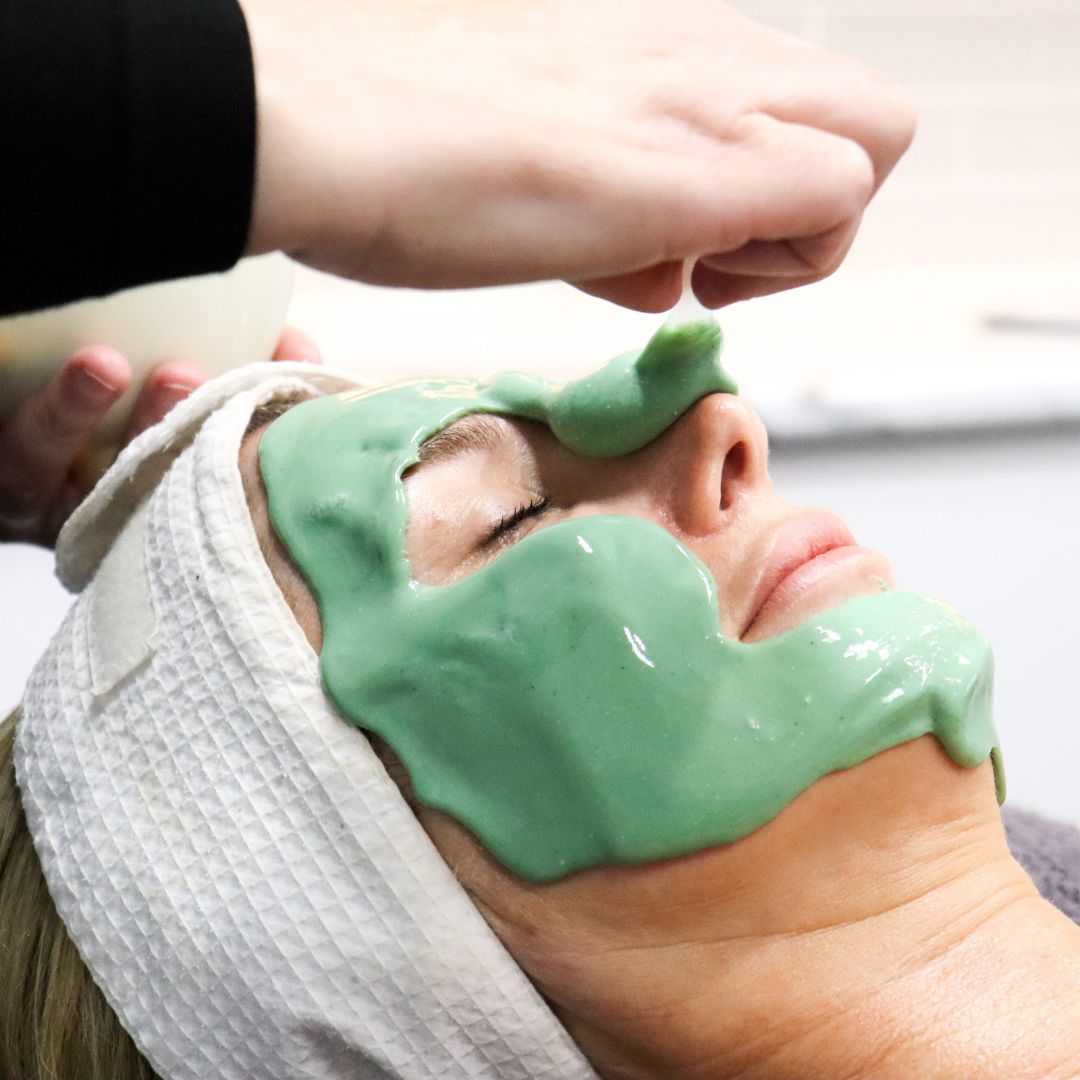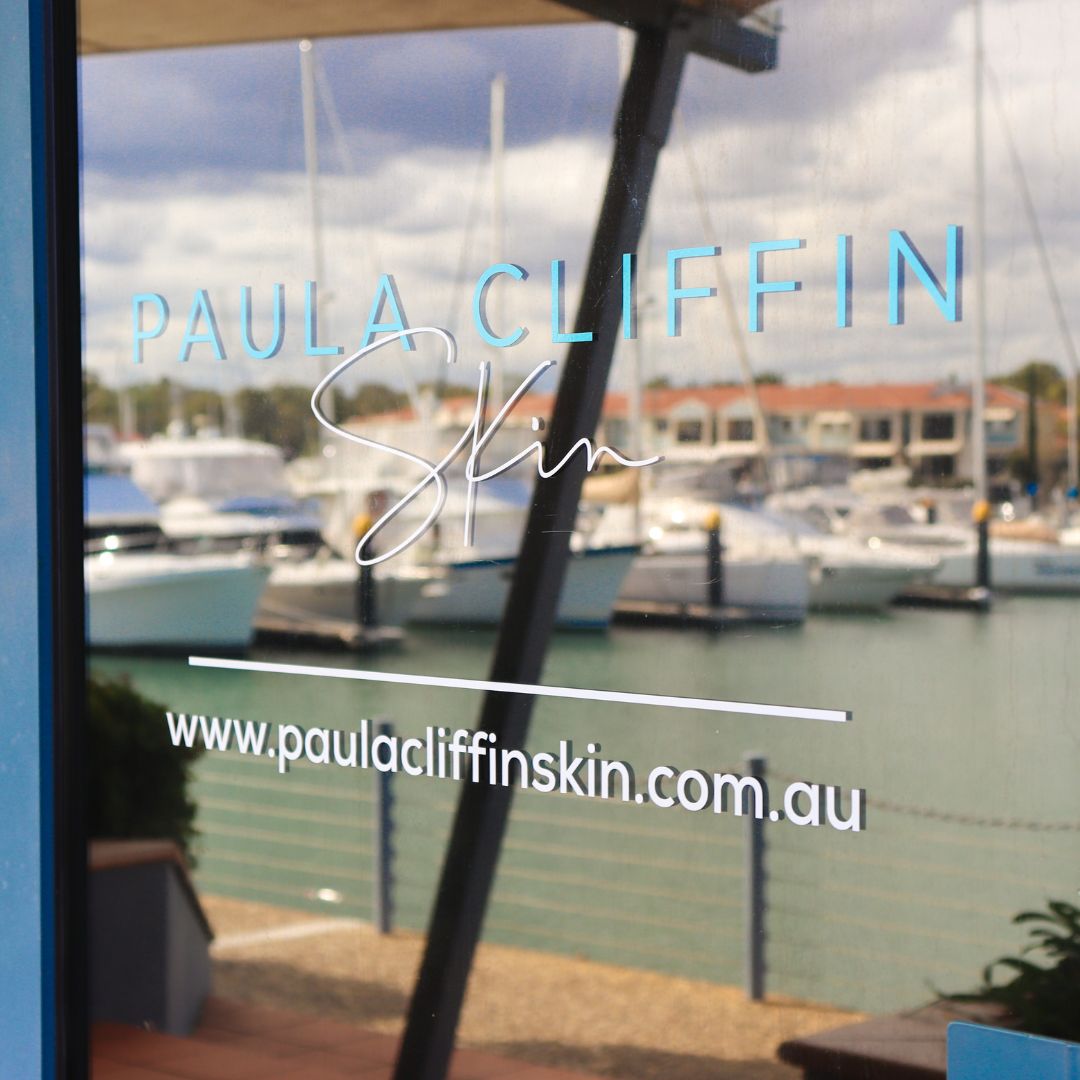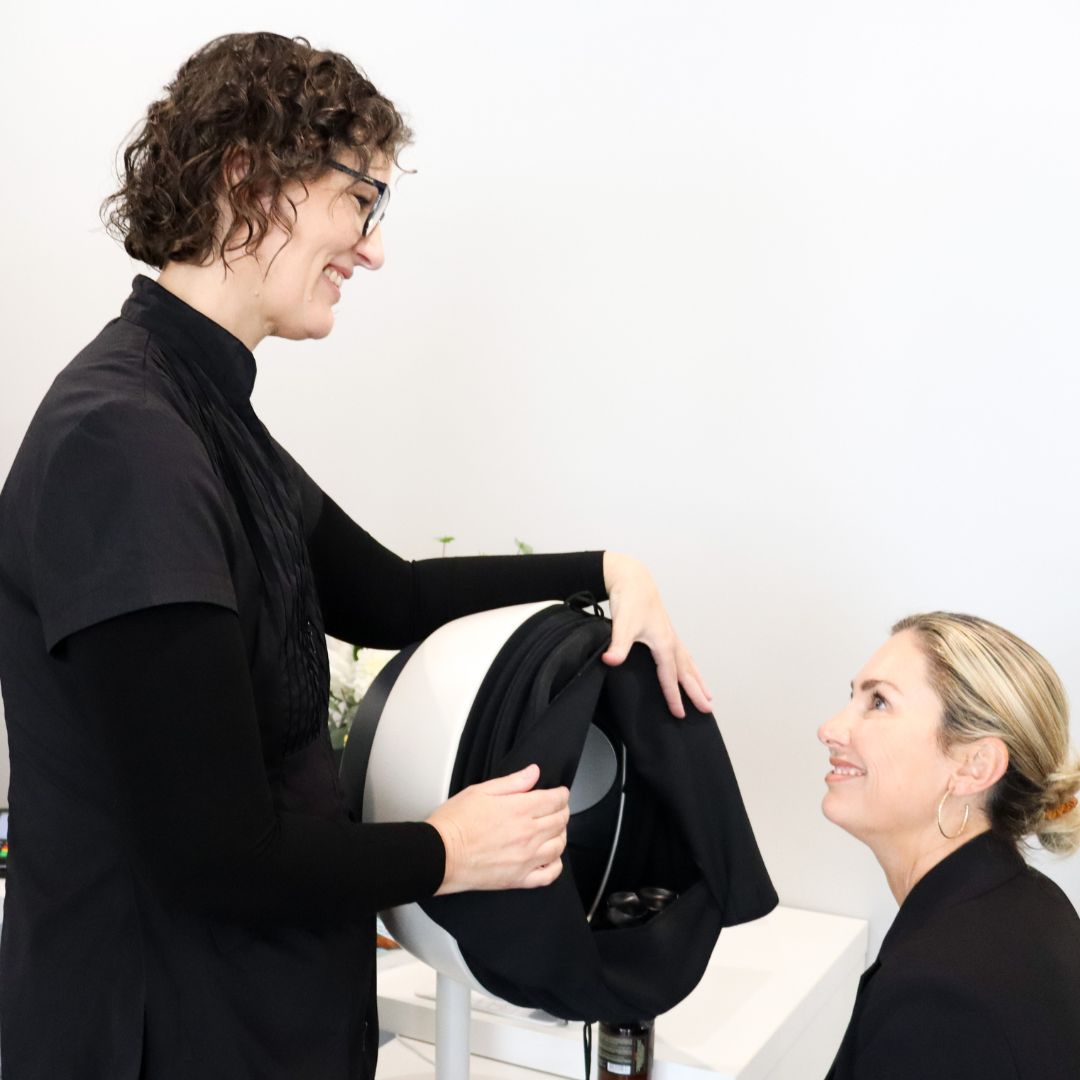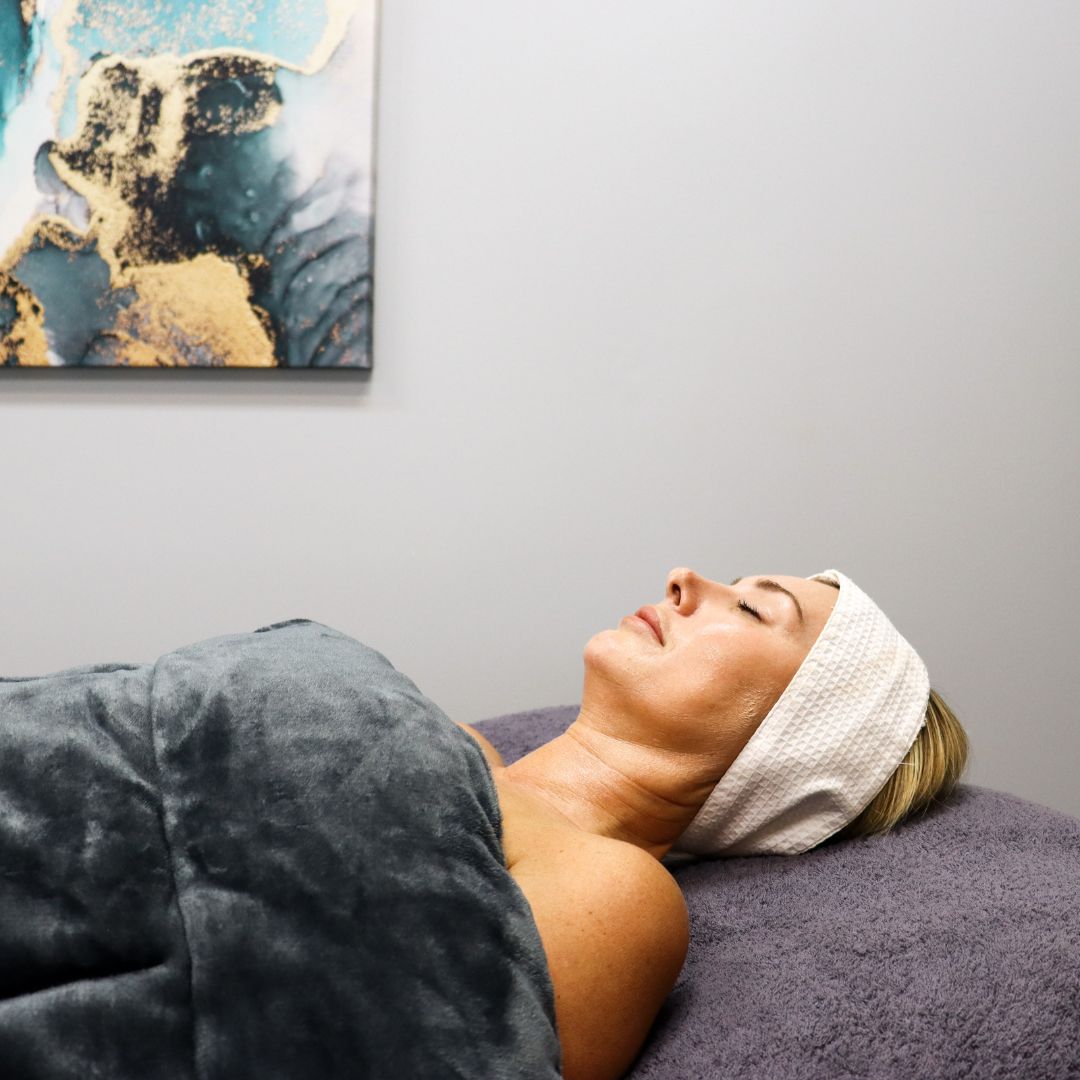Latest News
Stay up to date with the most recent developments in skincare.
Better skin starts today
Understanding Chemo Skincare
Chemotherapy and radiation therapy are essential treatments for cancer, but they can also have various effects on the skin. Chemo skincare is crucial to understand as these effects can vary from person to person, depending on factors such as treatment type, individual skin sensitivity, and overall health.
It is beneficial to explore potential skin-related side effects and offer valuable tips on how patients can care for their skin during chemotherapy and radiation therapy.
Treatment and Prevention
It’s important to remember that individual experiences may vary when it comes to chemo skincare. To effectively manage skin-related side effects, always follow the advice and recommendations of your healthcare providers. They can tailor their guidance to your specific situation and help you maintain skin well-being during cancer treatment. Additionally, maintaining good overall health through proper nutrition, hydration, and stress management can contribute to skin health.
Managing Side Effects with chemo skincare
One common side effect of chemotherapy and radiation is dry and sensitive skin. This discomfort can be alleviated by using a gentle, fragrance-free moisturizer applied multiple times a day as needed. When bathing, opt for lukewarm water instead of hot showers and use a mild, fragrance-free soap. Remember to pat your skin dry instead of rubbing it.
Radiation therapy can lead to skin redness, irritation, and even burns. To effectively manage these side effects, protect the treated area from direct sunlight and maintain cleanliness by keeping the affected area clean and dry. Follow your healthcare provider’s advice regarding the application of recommended creams or ointments, and consider wearing loose, soft clothing to minimize friction on the treated skin.
Additionally, some chemotherapy drugs can cause rashes or itching. If you experience these symptoms, it’s essential to consult your healthcare team for guidance. Avoid scratching the affected area to prevent infection and follow your doctor’s recommendations, which may include the use of topical creams or antihistamines to relieve itching.
Things to Avoid
Avoid smoking and limit alcohol consumption, as these habits can interfere with the effectiveness of treatment and overall well-being.
Additionally, try to maintain a balanced and nutritious diet to support your immune system and energy levels. Steer clear of exposure to environmental toxins or chemicals, and consult your healthcare team about any potential interactions between supplements or herbal remedies and your treatment plan.
Lastly, prioritize rest and stress management, as chronic stress can weaken the immune system. Always consult your healthcare provider for personalized guidance on what specific factors to avoid based on your unique treatment and health status.
Managing your skin during chemotherapy and radiation therapy is essential for your comfort and overall well-being. By following these skincare tips, avoiding irritants like chlorine pools, and communicating effectively with your healthcare team, you can minimize the impact of treatment-related skin side effects. At Paula Cliffin Skin, we understand the importance of skin health during cancer treatment. For personalized skincare guidance and support during chemotherapy, contact Paula Cliffin Skin. Our experienced facialist, Paula is here to help you maintain healthy, comfortable skin throughout your cancer treatment journey.
